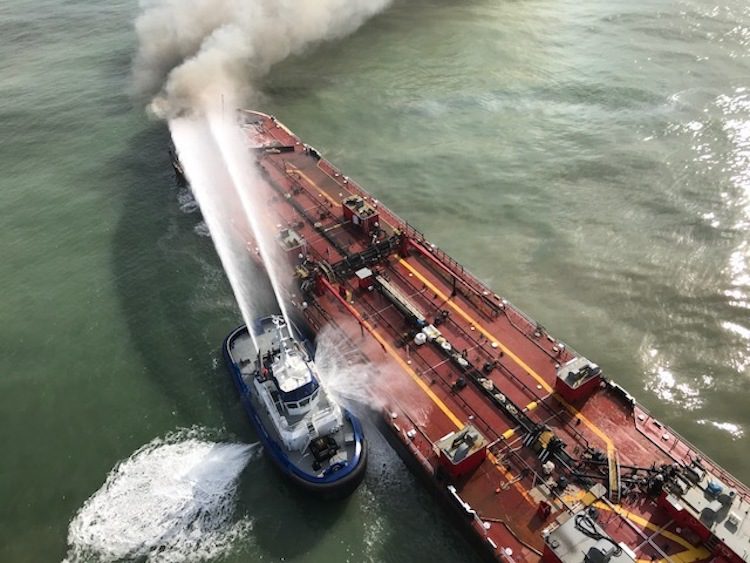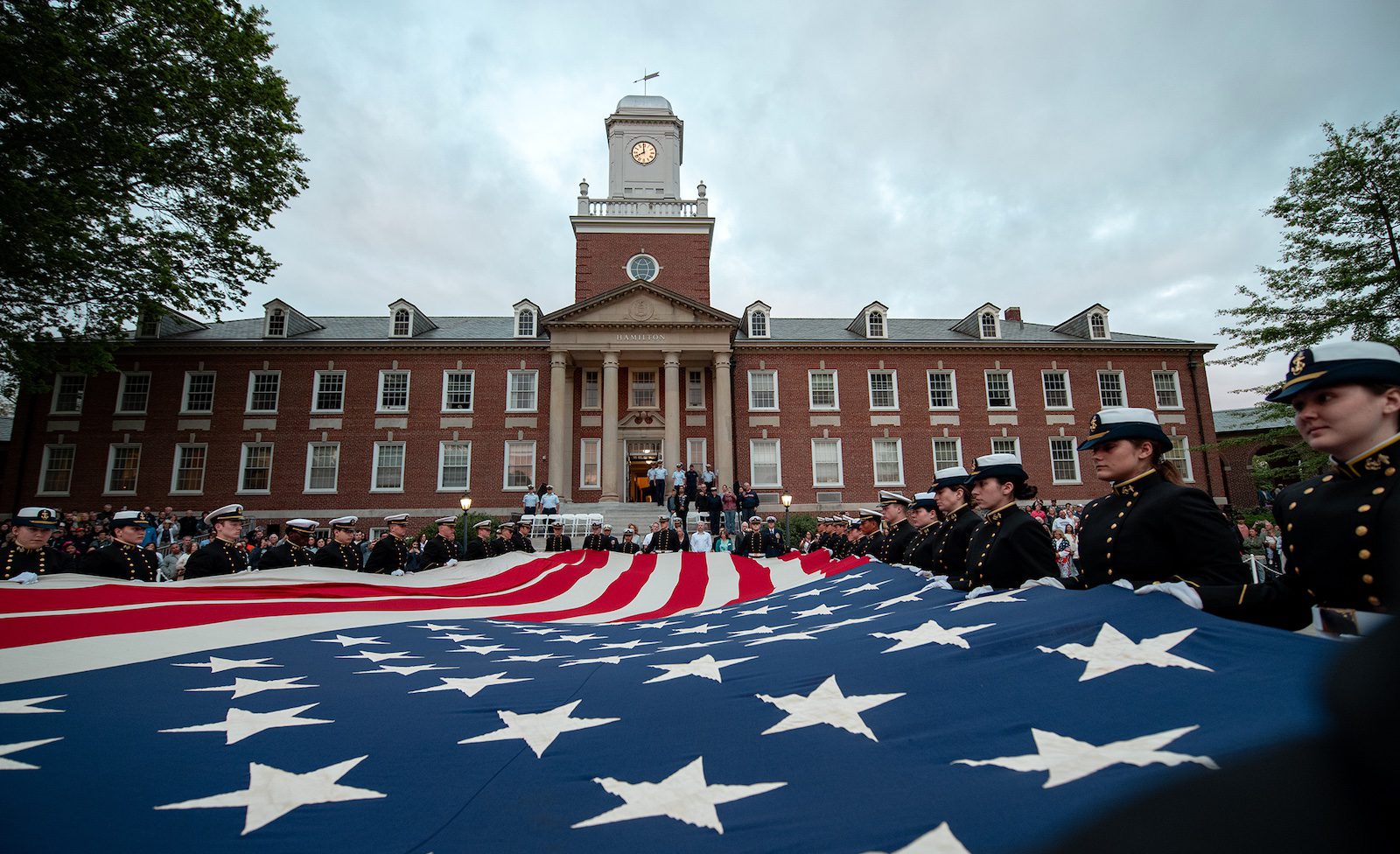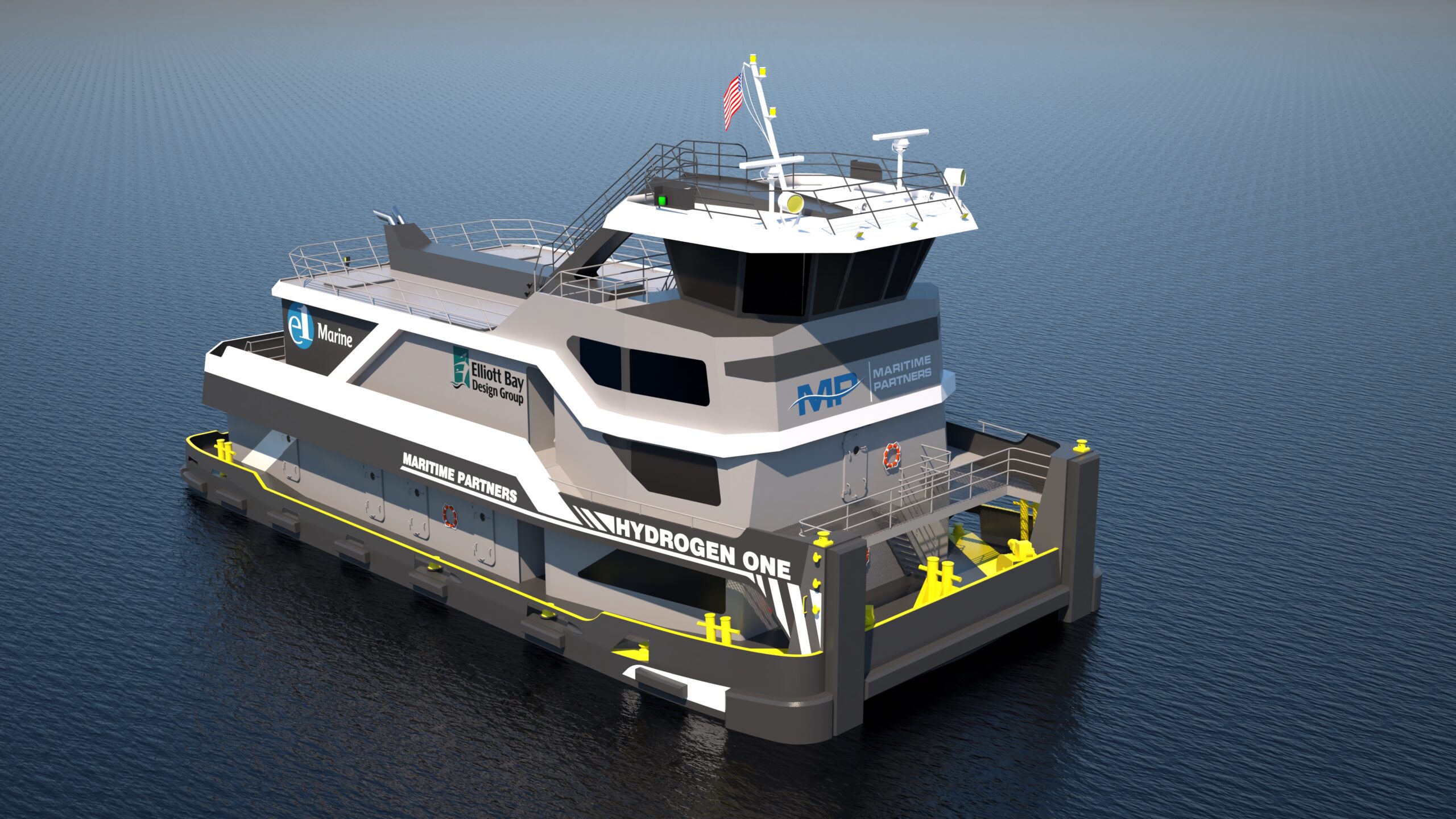Both Jackson and Du’jour Vanterpool, 26, of Houston, the only seamen on the barge at the time of the explosion, were blown off the vessel and died.
The 448-foot-long barge, known as Bouchard Barge No. 255, was loaded with 140,000 barrels of crude oil enroute to a refinery in Corpus Christi.
Franks denied previous testimony on July 17 by ship engineer Timothy Lerette that Franks said he spoke by telephone the night before the explosion to Jackson who was seeking instructions on how to vent vapors on the barge if necessary. Lerette testified that Franks had told him he believed at the end of the conversation that Jackson still did not understand the procedure.
Franks, however, testified he did not receive any phone calls from Jackson.
Jackson’s body has never been found. His parents are suing Bouchard Transportation of Melville, New York, owner of the barge and its tugboat, for more than $1 million.
The family alleges the vessels were “improperly maintained, dangerous, unseaworthy, and otherwise unfit for the purpose they were being used,” according to the complaint filed by Kurt Arnold of Arnold & Itkin in Houston.
Lerette also had testified that Jackson, who was new in his position as barge captain, told him that he felt his job was threatened by Bouchard vice president Kevin Donohue after reporting problems with the barge to Bouchard.
Jackson claimed Donohue told him that reporting the problems had been “a mistake,” implying he could lose his job, Lerette testified.
Donohue was scheduled to testify Thursday, July 19, but did not appear.
A lawyer for Bouchard, Jack Walsh, appeared before the panel on Wednesday to explain why Donohue sought to reschedule his testimony for July 27.
According to Walsh, the company received a call from Jon Shaw, Bouchard’s former manager of maintenance and repair. Shaw claimed he had been contacted by Coast Guard Lt. Commander Geralyn van de Krol, who is a legal advisor for the Coast Guard panel investigating the Bouchard explosion.
Van de Krol, who participates in the hearing, denied contacting Shaw.
According to Walsh, Shaw told Bouchard “he was contacted by Lt. Commander van de Krol stating to him that we, the Coast Guard, know that you, Jon Shaw, knew of a vapor leak on barge No. B275 and that Kevin Donohue knew of a vapor leak on barge No. B255 before that casualty occurred.”
The caller asked Shaw if he would be willing to provide information to the Coast Guard and, if not, he would be subpoenaed, Walsh said.
Because of this development, Donohue needed time to hire and consult with a personal lawyer, Walsh said.
Van de Krol responded by saying, “I at no point ever spoke to Mr. Jon Shaw.”
A Bouchard representative sitting at the company table in the hearing room said records indicated that Shaw had a 23-minute phone call with a Coast Guard facility.
At that point, Bruce Davies, chief of Coast Guard investigations for the Houston-Galveston sector, announced that the discussion would be taken off the record and the livestream video of the event was halted.

 Join The Club
Join The Club











